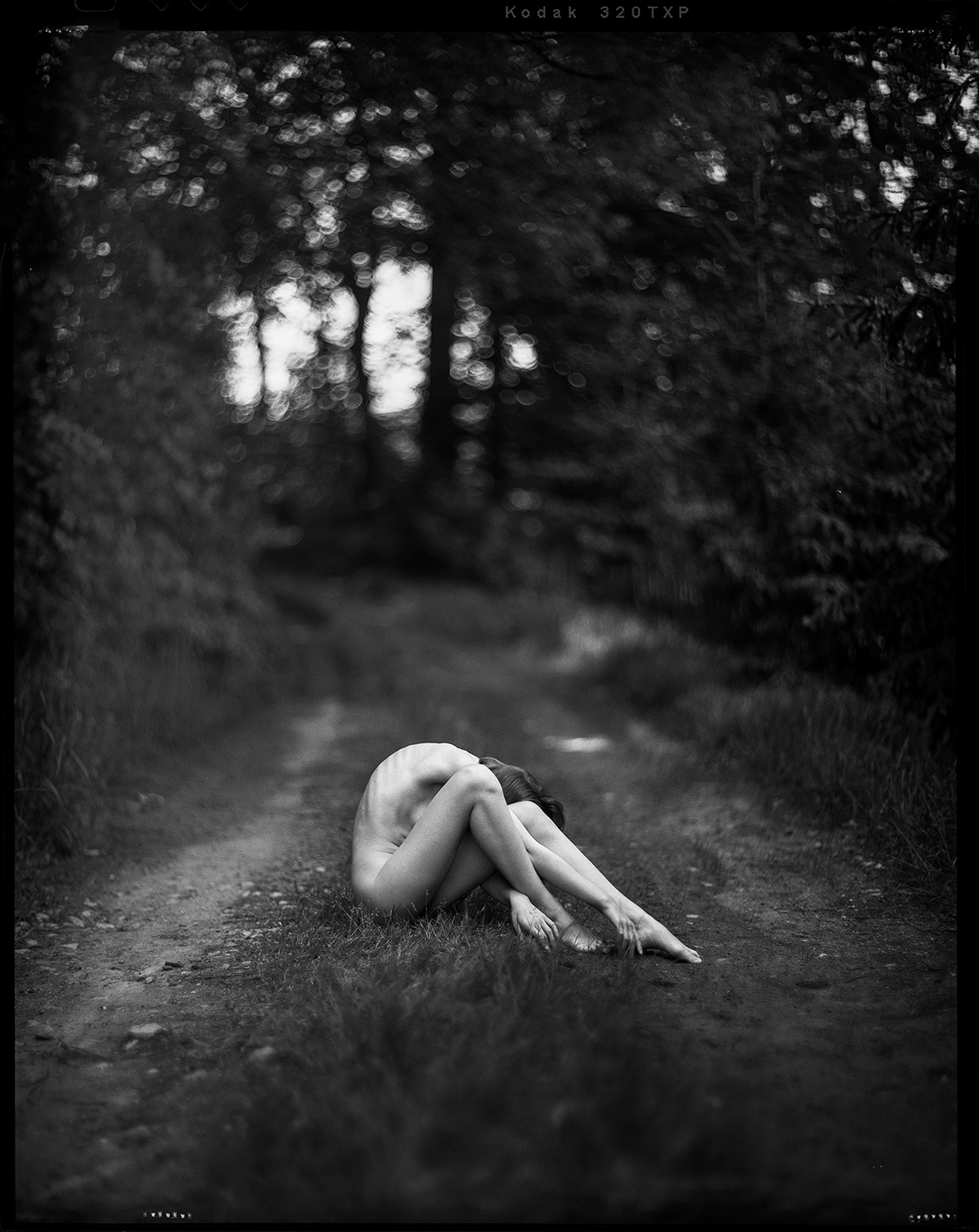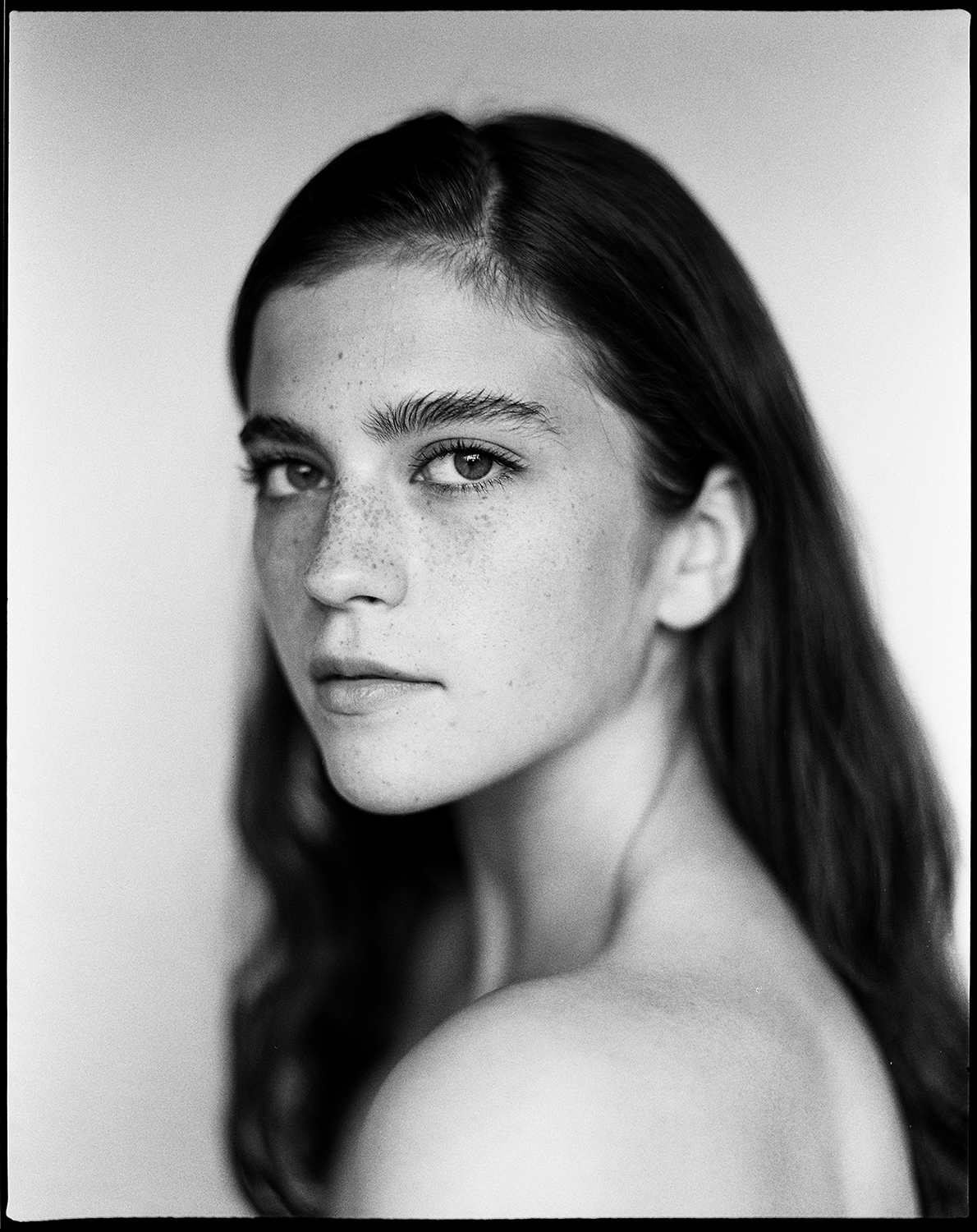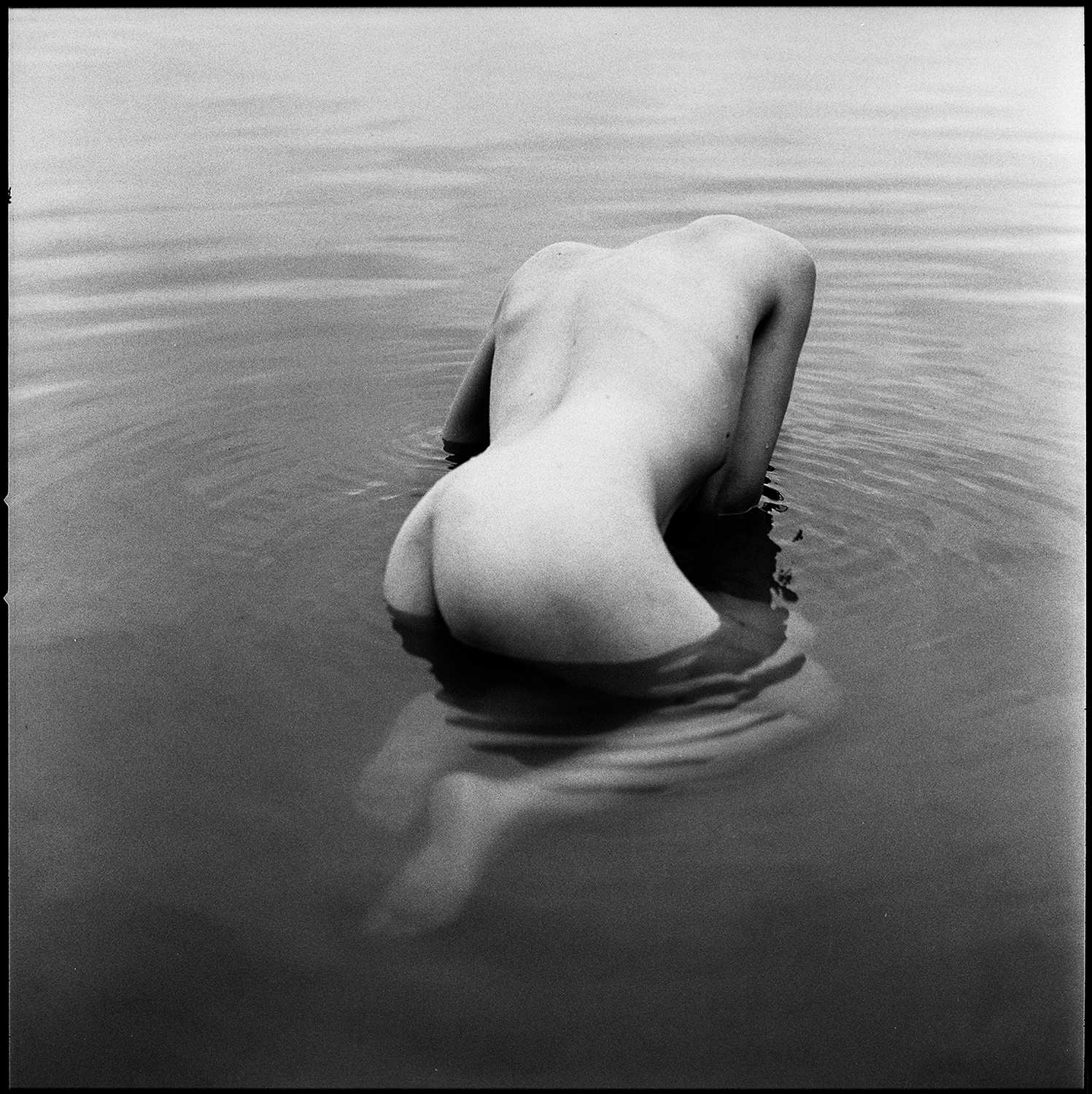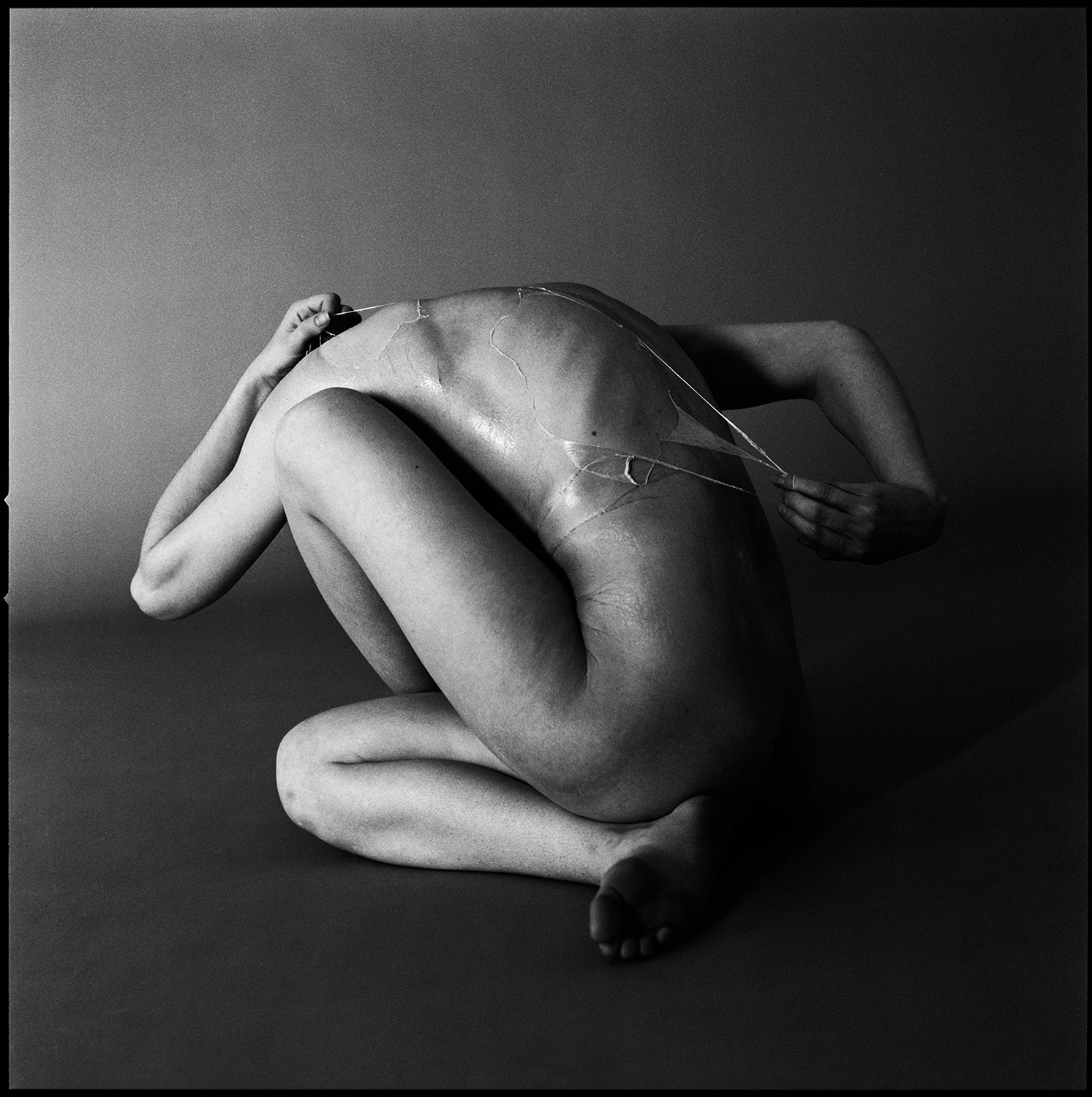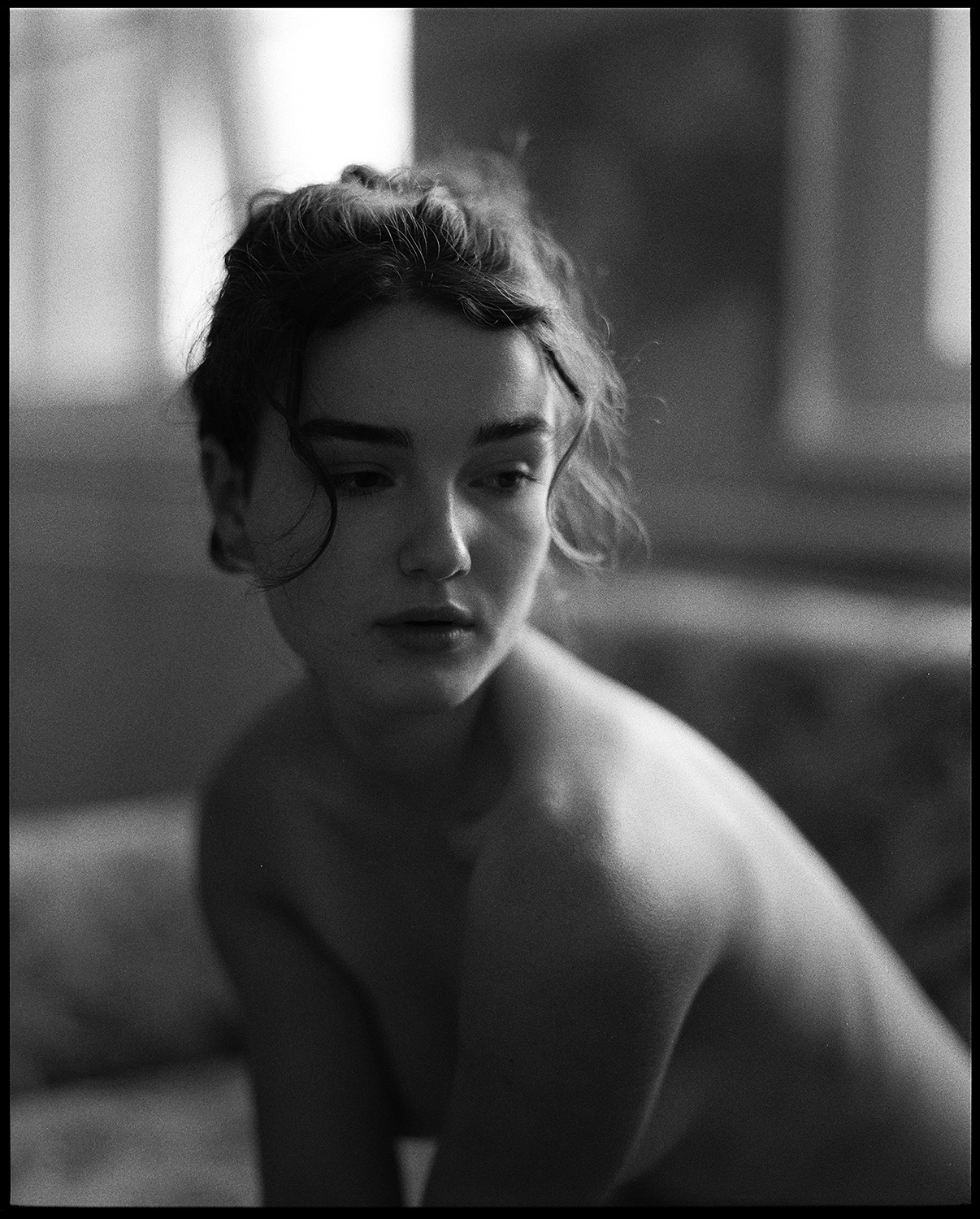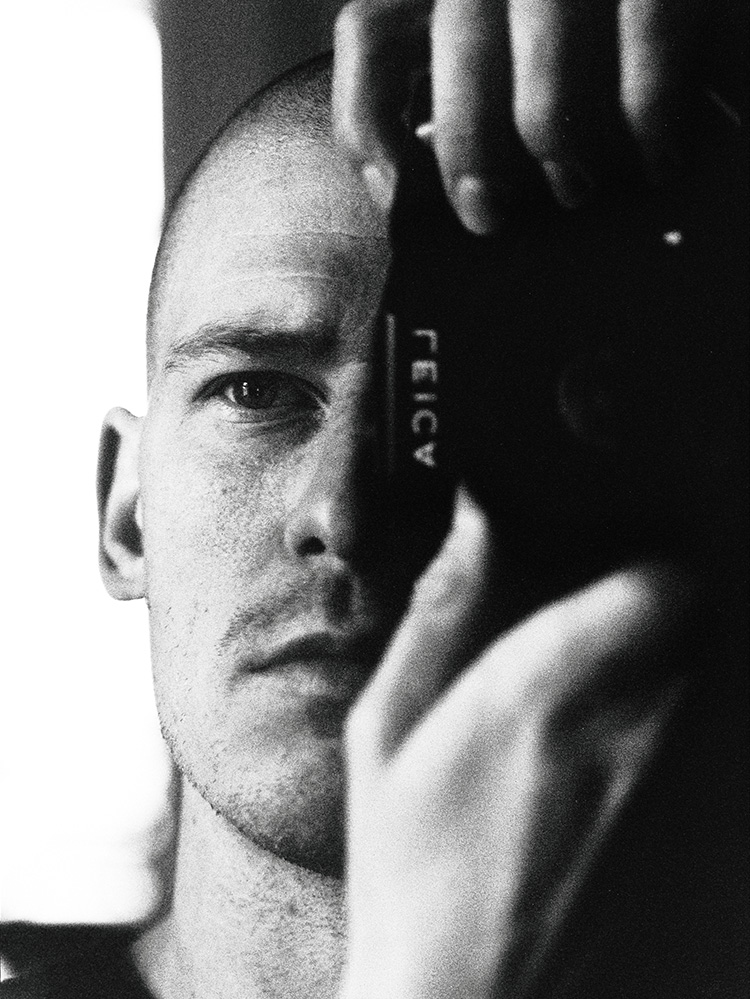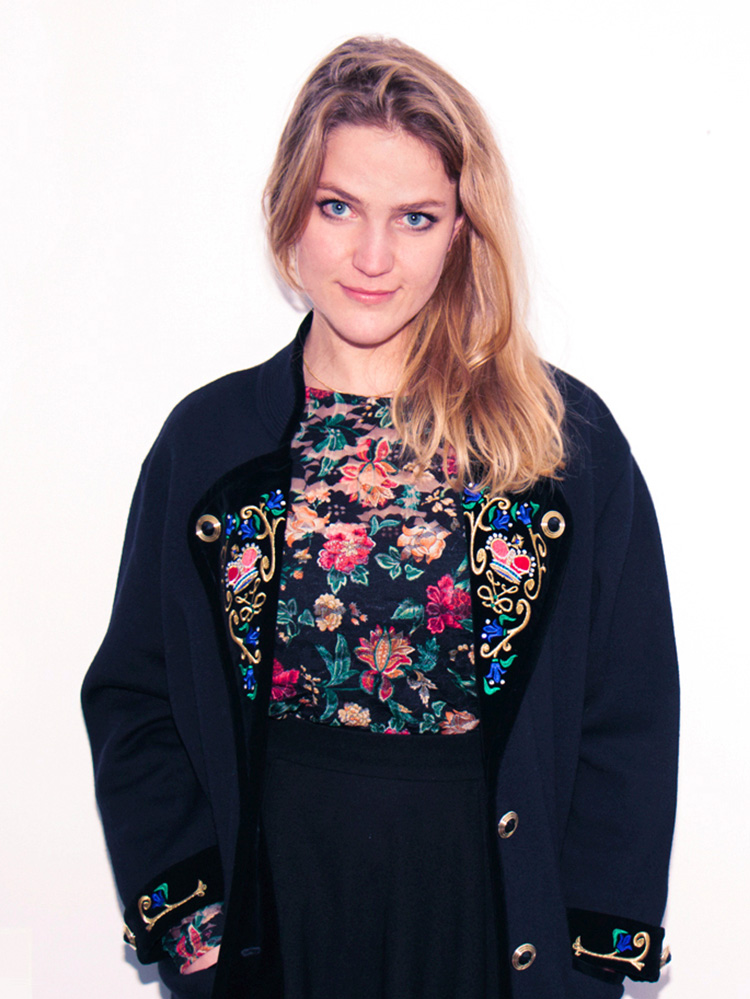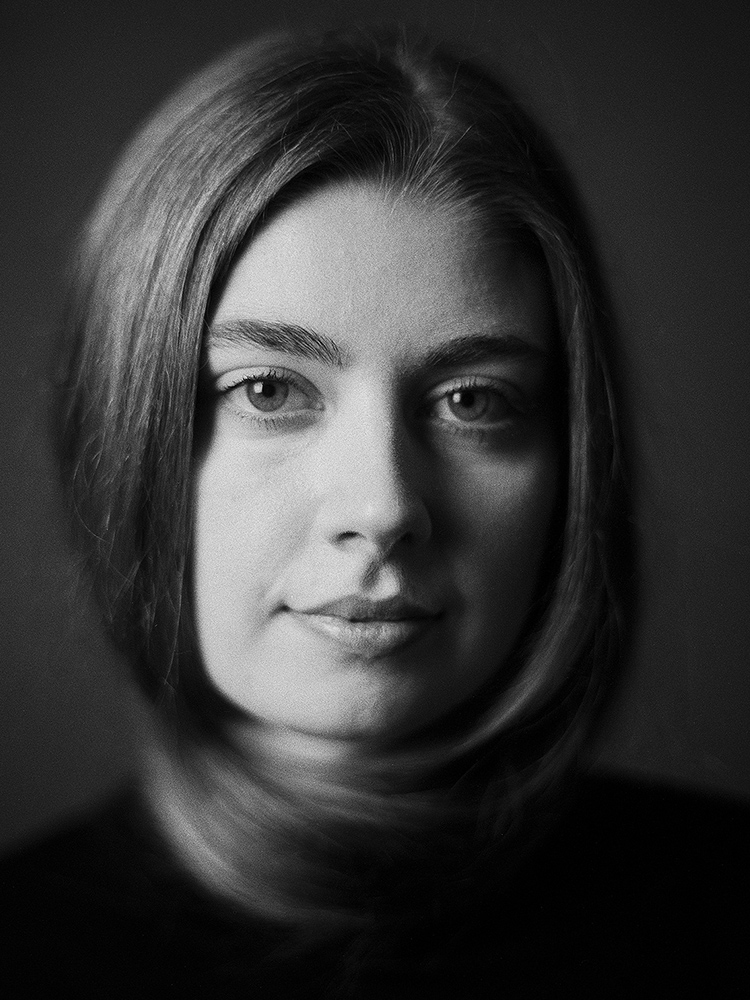
In conversation with
Anna Försterling
Dresden, Germany
Hi Anna, please introduce yourself.
I live and work in Dresden. Since 2021 I am a self-employed photographer. My passion for analog photography began in my second year of training (to become a photographer), where we were introduced to analog photography. There I photographed and developed my first black and white film. I completed my training as a photographer and am a professional photographer.
What does analog photography mean to you? What excites / fascinates you about it?
Analog photography is very special to me because the process requires a lot of time and dedication. When I hold my finished film in my hands, it’s a part of me because all the work comes from me. But apart from the process, the finished image is also so much deeper, more expressive, and most importantly, unique. I can’t explain exactly why many people attribute more emotion and depth to analog images, but I see it the same way. After all, you never know what it will “really” look like in the end, even if all the technical aspects and ideas are taken into account. Often the image comes across much more atmospheric than you saw it at the moment of shooting.
Digital photography is for me rather an unemotional, almost cold way of working. The particularity of limitation, waiting and the almost infinite possibility of image editing makes it unfortunately uninteresting for me. I only use it for jobs, not for my own projects.
In your opinion, what are the advantages and disadvantages of analogue photography?
That depends very much on how you use it. Those who use analog photography for their free, creative projects (as I do) have no disadvantages in my opinion, only advantages. The slow, focused process and the joy of finally seeing the finished image – that’s something very special. However, if I think about having to do paid jobs where a fast and technically flawless result is required of me in analog, that would put me under extraordinary pressure. In this case, the quick control in digital photography is very advantageous. Ultimately, however, every photographer has his workflow and his target group.
Do you concentrate on a certain topic in your work?
I focus on portrait and nude photography.
Are there (analogue) photographers who have influenced your aesthetic and approach?
I admire the work of Raffael Minkkinen and Paolo Roversi. I love to browse through coffee table books that came out before digital photography. e.g. coffee table books by portrait, fashion and nude photographers.
Do you have certain cameras and films that you prefer to work with?
I prefer to work with medium format cameras because I really appreciate the large format. Here I like to work with the Pentax 67, the Hasselblad 500c/m or the Mamiya RB67. When it comes to film, I go for Ilford or Kodak, although with the current Kodak prices, I tend to go for Ilford. I like the tonal values there very much, though you always have to consider the film developer combination to find “your” black and white look.
Speaking of films: What does your workflow look like?
As soon as the photos are in the box, I develop them. My new favorite developer is the Pyro510 – you could almost call it the “jack of all trades”. The tonal values are very nicely pulled through, even with push development, the grain is soft yet present, and the sharpness is perfect. After development, I scan the negatives with an Epson V800 scanner and then adjust the contrast. For favorite subjects, I also make hand prints on baryta paper in limited editions.
What advice would you have for other photographers who are reading this interview?
Who is interested in analog photography, but does not really know how to start – best to see if there are local photo groups with darkroom! This saves high costs and you can try out first.
If you publish your work on Instagram: curse or blessing?
Definitely both. Blessing, because you have the possibility to show your work to the world and to get in touch with people easily; curse, because you can’t show revealing pictures on Instagram and if you do, you don’t generate any reach.
Which 3 photo books can you recommend / should you definitely own?
Of course mine (wink) “Akfotografie – Die große Fotoschule” from Rheinwerk Verlag. Apart from that, I can’t really say which books are a must-have. The photo book “On Fashion Photography” by Peter Lindbergh is breathtaking, not only because of his pictures, but of course also because of the size of the book!
Thank you so much for your time!
Favorites
Pentax 67, Mamiya RB67, Rolleiflex SL 66, Pentax Spotmatic F, Canon 1V
Ilford HP5, Kodak TMAX400, Kodak TRI-X
Color & B/W
